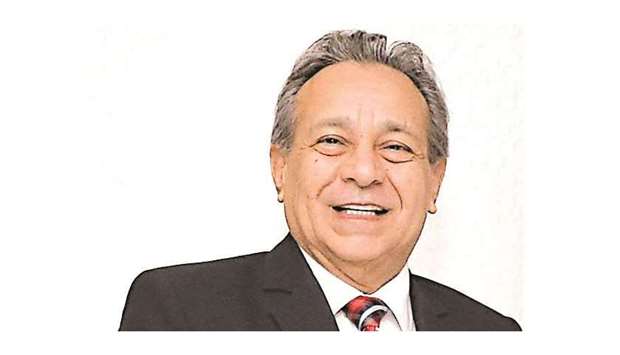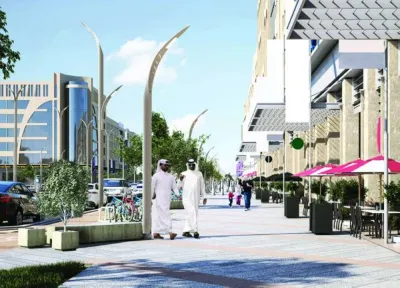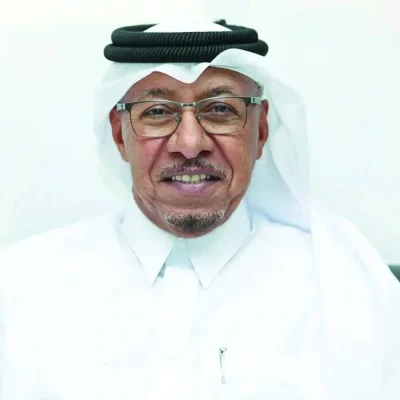By Jose Benzaquen/Ambassador of Peru
For several decades, the meetings and communications of heads of state and governments have had an essential space within diplomatic relations, especially with countries that are geographically close to each other.
These summits have established a manifest dynamism in international relations. Foreign policies are exchanged in a space that seeks to achieve common objectives with a greater personal approach at a high level of national administrations, continuously having the primary purpose — people’s common good.
We live in a more communicated, more integrated world, and conscious of the challenges presented for a better coexistence among nations, and it is here that similar interests must be resolved jointly.
The agreements that are reached through these dialogues and meetings accompanied by initiatives, commitments undoubtedly help to vindicate ideals within a process that requires greater urgency.
These conversations are accompanied by previous meetings that are worked on and arranged with great responsibility; the purpose is to achieve viable objectives, create a new conception of international law in many cases.
The constant dialogues are at the political, economic, health, education, communications, defence, co-operation, security and environment levels, and others on a variety of subjects related to progress for a better society in the world, starting from the internal to the regional and then to the global.
Therefore, each virtual or face-to-face meeting of our senior authorities, which includes the Ministers and Vice-Ministers of Foreign Affairs and Heads of sectors related to co-operation and mutual interest in foreign affairs, promotes results leading to the solution of certain disagreements between the nations.
These meetings, which we also call summits as they have been held throughout the international scene due to their thematic variety have been creating trends towards the creation of a regulation that is — many times — typified in a binding or mandatory spirit.
Consequently, we consider that given the importance of the results that we are observing, the commitments, agreements, alliances, declarations, notes or other agreements, are enriching a new duty to comply with current regulations for life in harmony between countries.
An example of a historic summit has been the 41st session of the Supreme Council for the Arab States of the Gulf (GCC) that took place on January 5 in Al-Ula, Kingdom of Saudi Arabia, which His Highness the Amir of Qatar Sheikh Tamim bin Hamad al-Thani attended along with other leaders and resolved the unfair blockade of Qatar imposed since June 2017.
This regional agreement was received by my government with the following statement: “The Government of Peru expresses its approval for the solidarity and stability agreement adopted at the 41st Summit of leaders of the Gulf Co-operation Council, in the Saudi City of Al-Ula, to end the crisis in the Gulf and restore relations including diplomatic missions of the State of Qatar with the Kingdom of Saudi Arabia, the United Arab Emirates, the Kingdom of Bahrain and the Arab Republic of Egypt…The decision of the leaders of the Gulf Co-operation Council will strengthen stability, security and the ties of friendship and brotherhood between the countries and peoples of the Gulf region”. It is crucial to promote co-operation and integration permanently.
The main highlight is the meetings at the highest level of our authorities or others that become relevant mediators to reach a goal.
It is relevant to strengthen dialogue at the highest political level and multi-sector co-ordination and co-operation and establish co-operation projects while joining projects that benefit all populations.
Joint work between countries is always positive since all the guidelines of national and international policies seek similar actions to improve the quality of life, an excellent neighbourly relationship and, on the other hand, combat common evils that affect us, with unity.
I envision a useful and necessary coexistence with greater dynamism in regional and international relations with this current situation.
Indeed, the heads of state and government meetings will continue, and all the ministers of state and authorities of the competent sectors for our populations’ well-being.
We must be able to create new strategies or design innovative measures to strengthen the area of good neighbourliness with other countries, and in which the media play an essential role in the dissemination of the results of international meetings, placing ourselves in a position of positive criticism, which constitutes a contribution and encouragement to the high authorities to finalise the desired agreements.



